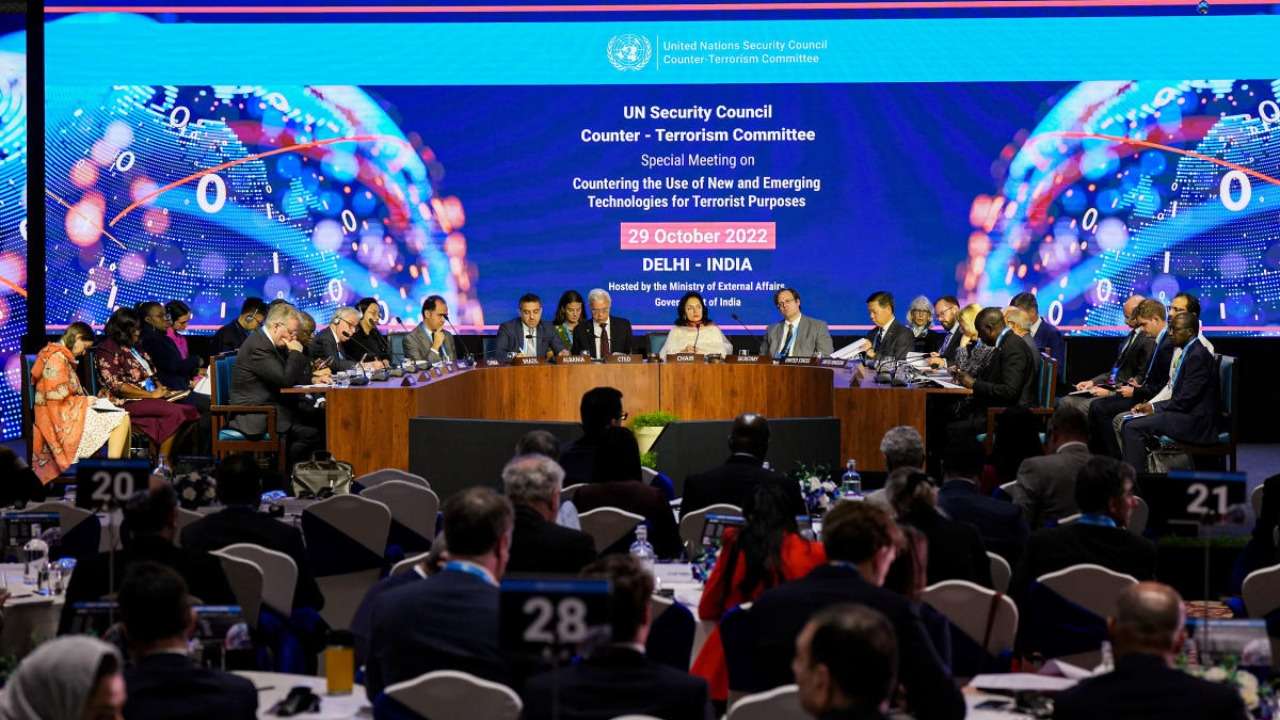India told the United Nations Security Council’s Counter Terrorism Committee (CTC) that since the end of 2021, when strict financial regulations were relaxed on a “troublesome jurisdiction” by the Financial Action Task Force (FATF), there has been a sharp increase in cross-border terror activities in Jammu & Kashmir.
Pakistan was taken off the grey list of countries under “increased monitoring” by the FATF earlier this month. India notified the panel that, between 2018 and the end of 2021, there had been a decline in terror activities, during which period Pakistan was added to the grey list.
On the first day of the UNSC committee meeting in Mumbai on October 28, Safi Rizvi, Additional Secretary, Ministry of Home Affairs (MHA), informed that by mid-2018, there had been close to 600 terror camps across the J&K border. At this time, Pakistan was first added to the grey list.
“The cross-border terror bases went down by 75% during the FATF listing. The Counter Terrorism Committee should notice how effective the U.N. designations and listings by the FATF are. The moment the talk started that the grey listing is about to end, the bases have gone up by 50% and we are expecting more scalable and more attacks on hard targets [security installations] and much more trouble,” Rizvi said.
The presentation made before the committee stated that there were 600 terror camps across J&K in mid-2018, which came down to 150 in the middle of 2021. By September 2022, the number of terror bases sharply increased to 225.
Rizvi added that since the end of 2021, “the return of cross-border terrorist infrastructure and the return of attacks on Indian targets” is noticeable.
The FATF listing of Pakistan from 2018-2022 saw relative peace, he said.
Rizvi emphasized the significance of the U.N.’s designations by saying that the designated terrorists were either arrested or convicted and open terrorist activities like organizing public rallies and collecting donations via social media, were prohibited. He shared a photo of Lashkar-e-Taiba (LeT) chief Hafiz Saeed, a U.N.-designated terrorist, addressing a crowd in Pakistan in December 2017 to substantiate his claim. The officer stated that after the U.N. designations were enforced by the FATF in 2018, the rallies stopped.
He added that nine India-focussed U.N. designated terrorists had been convicted during the grey list period in Pakistan. He said Jaish-e-Mohammad chief Masood Azhar, who had close links with Osama Bin Laden and the Taliban, was convicted in absentia in 2019, although he has never been arrested.














